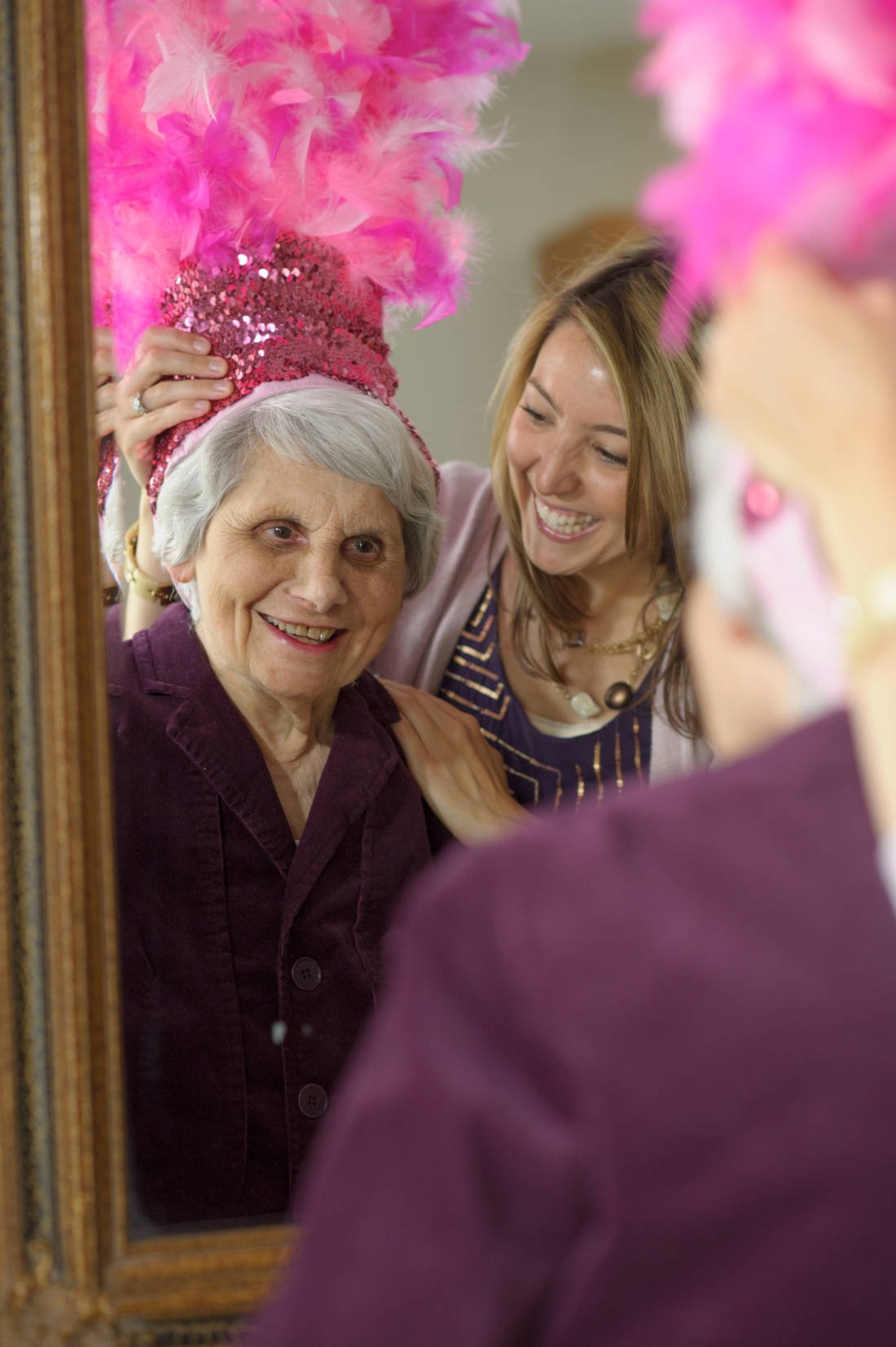 October 20th – 26th is Respiratory Care Week, a week set aside to recognize respiratory therapists for their hard work and dedication. In support of those who “help others breathe better,” assisted living communities are helping to promote respiratory health by raising awareness in the community about lung health issues--particularly as they affect older adults.
October 20th – 26th is Respiratory Care Week, a week set aside to recognize respiratory therapists for their hard work and dedication. In support of those who “help others breathe better,” assisted living communities are helping to promote respiratory health by raising awareness in the community about lung health issues--particularly as they affect older adults.
Common Causes of Breathing Problems
Many factors including genetics, pollutants and irritants—can affect the health of your lungs. The more common ones include:
The Common Cold and Flu – both are highly contagious; however, the common cold is very different from the flu; a cold is thought to be the most rampant upper respiratory infection caused by over one hundred different viruses.
The flu, on the other hand is caused by three different types of viruses. The cold and flu are responsible for heavy mucus on the chest that may lead to chronic respiratory conditions, such as pneumonia and bronchitis, seen especially among the elderly.
Pneumonia – is a common inflammation of the lungs caused by an infection with a bacterium or virus. Older adults are more susceptible to pneumonia following the flu or during lengthy hospital stays.
Chronic Obstructive Pulmonary Disease (COPD) – is a lung disease which is known for its hallmark difficulty in “blowing air out.” The elderly are especially prone to this disease, often the result of misdiagnosis.
Bronchitis – isa form of COPD responsible for excessive amounts of mucus on the chest causing a bad cough.
Asthma – more than 20 million people have asthma in the United States; it is a long-term lung disease triggered by irritants such as smoke, dust and pet dander which tighten the airways.
Breathing Easy--How Respiratory Therapists Help
Because respiratory disorders are so prevalent and affect a wide range of age groups, respiratory therapists play a vital role in rehabilitating millions suffering from breathing troubles.
Respiratory therapists work mainly in hospitals and skilled care facilities. Seniors often benefit from their helping hands in assisted living communities as well. By facilitating medication management and other relevant services, assisted living communities are designed to help support seniors who struggle with breathing issues.
Respiratory Illness Monitoring in Assisted Living Communities
In addition to providing connections to respiratory therapists, Wellness Teams in assisted living communities can provide regular monitoring for residents with respiratory disorders and illnesses. For any senior, living in a community environment with opportunities for increased exercise helps promote better breathing. Rather than living in isolation alone at home, in assisted living communities, residents have friends and neighbors that can help motivate them to exercise. They also exercise each day just in walking outside, to activities, to the dining room, and other common areas. Here are some other ways an assisted living environment can help seniors with respiratory disorders:
- Asthma: If asthma is a problem, the Wellness Team (nursing staff) can assist in monitoring the appropriate use of asthma medications, such as inhalers, etc. Nurses can assess when medications are no longer effective and encourage a doctor’s visit before problems arise.
- Infection Prevention: Close monitoring of residents’ respiratory status enables nurses to help identify when a cold or upper respiratory infection is brewing more quickly than if the resident lived alone at home.
- Symptom Management: If COPD or emphysema is a problem, the Wellness Team can work with residents and families to help manage symptoms and improve the resident’s quality of life. This provides family members with peace of mind knowing that their loved one has professional staff close by who can notice any changes.
Key Takeaways
- Respiratory Care Week helps raise awareness of the need to help seniors breath better!
- Everyone at some stage will experience a lung health issue just from exposure to the environment (the cold or flu); however, many factors including genetics, pollutants and irritants can affect the health of your lungs.
- The common cold, flu, asthma, COPD, bronchitis and pneumonia are prevalent conditions that can affect the health of your lungs.
- Respiratory therapists play a vital role in rehabilitating millions suffering from breathing troubles.
- Assisted living communities can provide regular monitoring for residents with respiratory disorders and illnesses and encourage better breathing through exercise programs and accountability.
- Wellness Teams in assisted living communities can assist in the management of asthma medications, monitor seniors for signs of respiratory infection, and work with residents and families to manage respiratory disorders and illnesses.





 October 20th – 26th is Respiratory Care Week, a week set aside to recognize respiratory therapists for their hard work and dedication. In support of those who “help others breathe better,”
October 20th – 26th is Respiratory Care Week, a week set aside to recognize respiratory therapists for their hard work and dedication. In support of those who “help others breathe better,” 